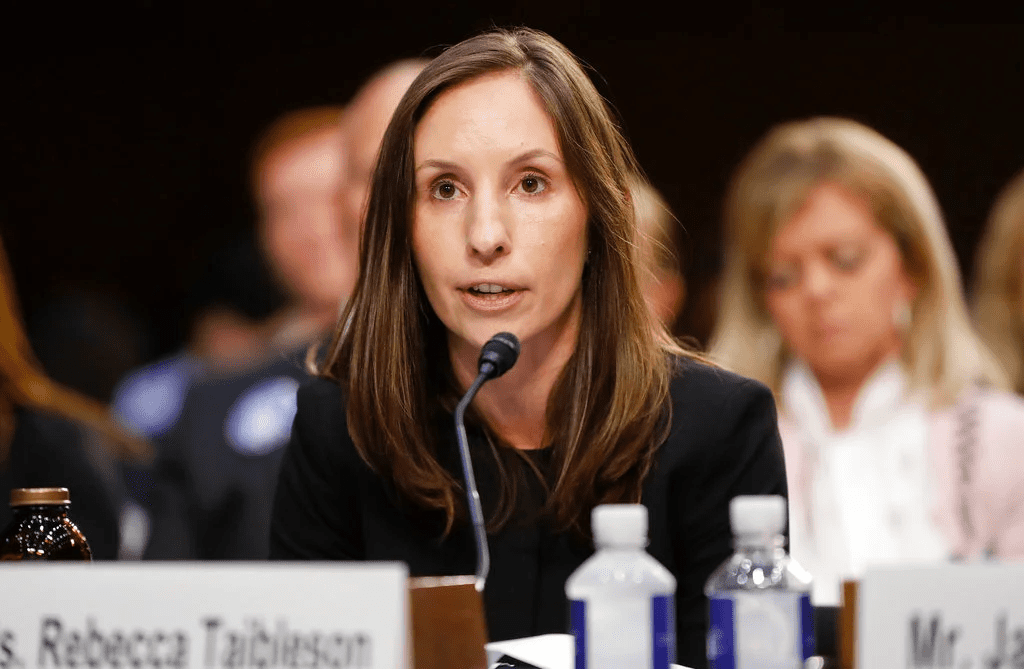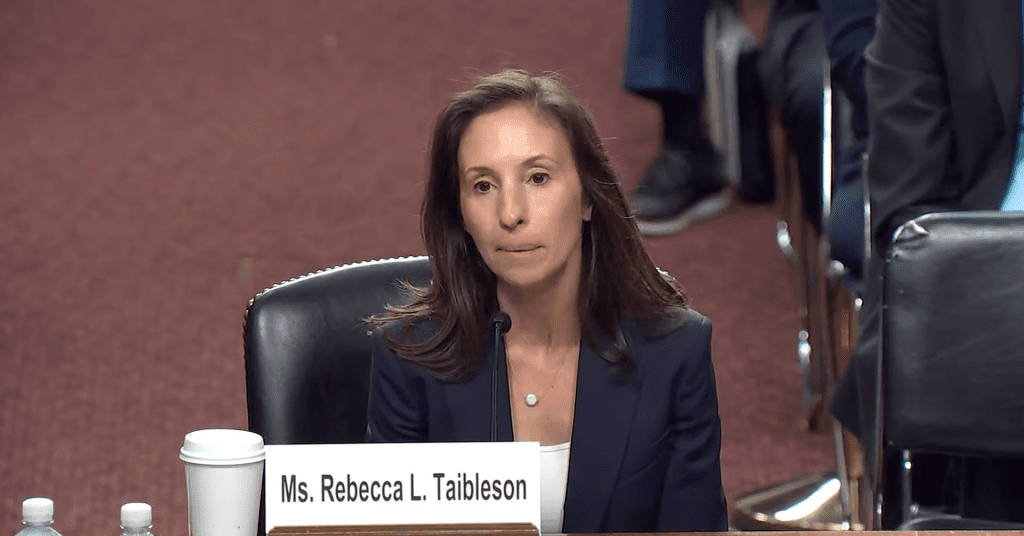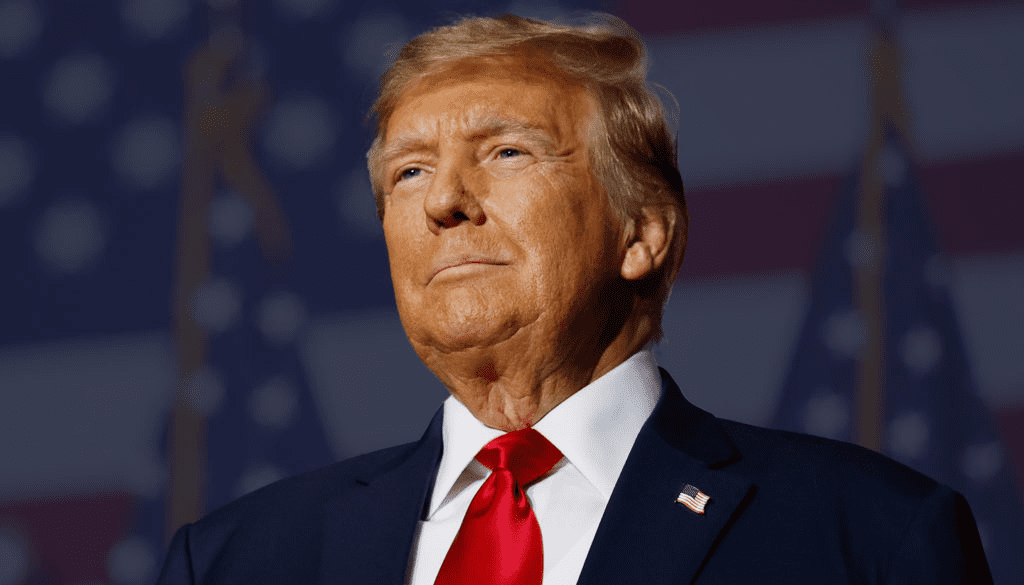Senate Votes 50-45 to Advance Trump Nominee Rebecca Taibleson for the 7th Circuit, Supercharging His Judicial Wave
In a decisive moment for the federal judiciary, the Senate on October 23, 2025, approved a 50-45 vote to invoke cloture on the nomination of Rebecca Taibleson as a United States Circuit Judge for the Seventh Circuit. Her advancement marks another major win for Donald J. Trump’s reshaping of the federal bench, continuing a push that has validated his influence on long-term legal outcomes.

Taibleson, a former clerk to both Justices Antonin Scalia and Brett Kavanaugh, and an Assistant U.S. Attorney in Wisconsin, entered Thursday’s vote after clearing the Senate Judiciary Committee in a narrow 12-10 party-line decision. Her nomination was announced by the president in August 2025, and the speed of her advancement underscores the current administration’s commitment to judicial onboarding despite political headwinds.
While the 50-45 vote reflects a disciplined Republican majority, Taibleson’s nomination did face criticism from conservative quarters. Some conservative groups raised concerns about her past donations to Jewish organizations that support LGBTQ+ initiatives and to Senator Joe Manchin (D-W.Va.). Taibleson addressed those issues during her hearings, pointing to her upbringing in a socially conservative home and emphasizing her commitment to textualist and originalist interpretation of the Constitution.

Supporters noted her prestigious legal pedigree, highlighting that she clerked for two prominent conservative Supreme Court Justices and prosecuted complex federal cases in Wisconsin. They argue that her approach aligns with the legal philosophy endorsed by the administration and its supporters — even as some hard-right factions pressed for more ideologically purist picks.
The timing of this approval is significant. It arrives amid budget standoffs and threats of a government shutdown led by Senate Minority Leader Chuck Schumer, yet the majority advanced judicial nominees with urgency. The roll-call reflects a strategic decision to prioritize judicial confirmations alongside legislative battles.

For Republicans and the Trump-aligned judiciary movement, the Taibleson vote serves as yet another signal: the bench will continue to reflect conservative appointments even when Washington is gridlocked. For Democrats, it raises questions about whether ideological purity or institutional longevity should count more in the selection of federal judges. Taibleson becomes one more confirmation in a string of appointments that may define U.S. jurisprudence for decades.
As Taibleson now heads toward a full Senate confirmation vote, all eyes will be on whether remaining GOP moderates and working-class Democrats support her elevation — or whether her liability to conservative critics slows the process. Either way, the momentum firmly remains in the Republican-federalist camp, as the judiciary stakes continue to climb.



